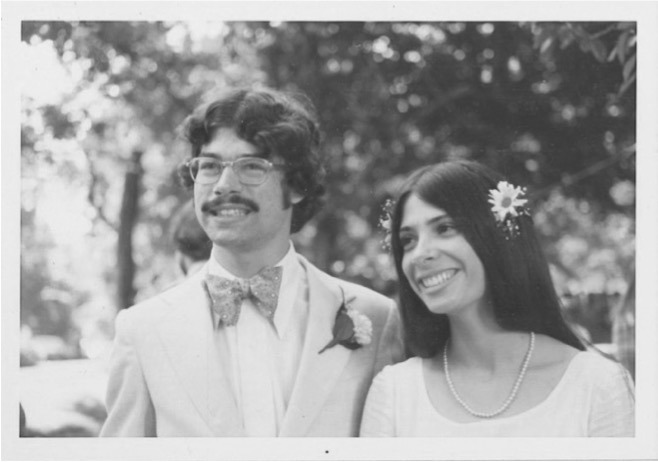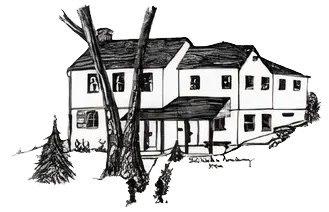Recollections of a Green Pastor
(Click red button above to play video)
Fifty years ago, Larry Brasher served as the pastor of Harmony Hill United Methodist Church in Stillwater. He was 23 when he arrived from Yale Divinity School to shepherd a flock of considerably older parishioners in rural New Jersey. He stayed from 1971 to 1979.
Fifty years later, on August 13th, Brasher returned to the same pulpit to share some of the memories he had documented during his tenure. More than five dozen people filled the pews of Harmony Hill Church. They were a rapt audience. Some had been present in the 1970’s; most recognized the names of some of the people who made up the cast of characters. Written from the perspective of a young preacher from a different world, the stories celebrated the spirit of a hard-working people bred in a straight-talking, no-nonsense culture.
Brasher’s reminiscences also revealed some of the lost language of Stillwater. He gave many examples. When general store owner Donald Robbins, couldn’t remember the name of an object, he would call it a “dingus” whereas today we might say “thingamajig.” Many called a “thoughtful” deed a “thoughty” deed. The preacher was called “the Dominee.” And “What fer kind of a dog (or whatever) is that?”, was common wording that reflected the early influence of the German language. (Was für ein Hund…)
There were names of places that no long roll off the tongue. “Rosie’s Rock” and “Pompey Ridge” were often mentioned. “Egypt”, was the name given to a far-flung field located way past Catfish Pond.
After sharing an hour of stories, the Dominee ended his presentation by asking the congregation to sing four verses of a familiar old hymn that was found in the hymnals lining every pew: “God be with you til we meet again…” The hymn ended with silence. No applause. The audience remained quiet and reflective as though they had attended a religious service.
Fifty years is a long time. Larry Brasher’s stories of Stillwater in the 1970’s are part of the oral history of our community. They are a testimony to the importance of documenting, preserving and revisiting our shared past. Like good wine, the flavor and significance of these stories will deepen with time.


